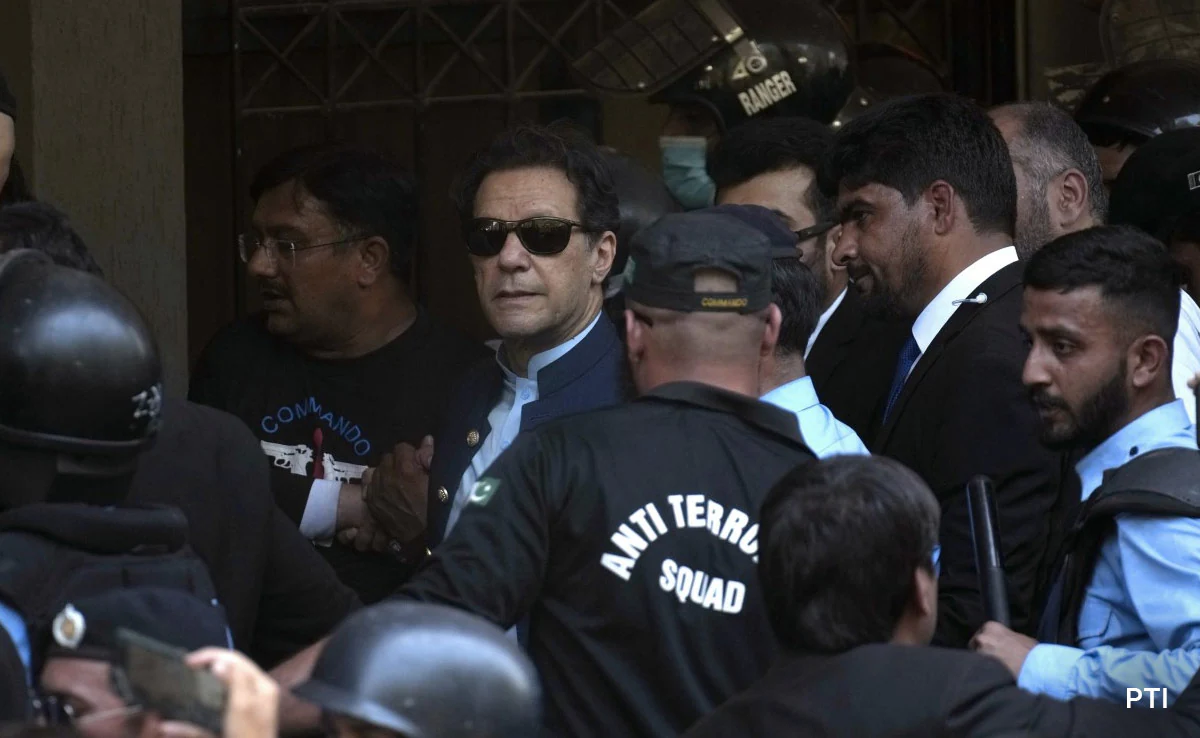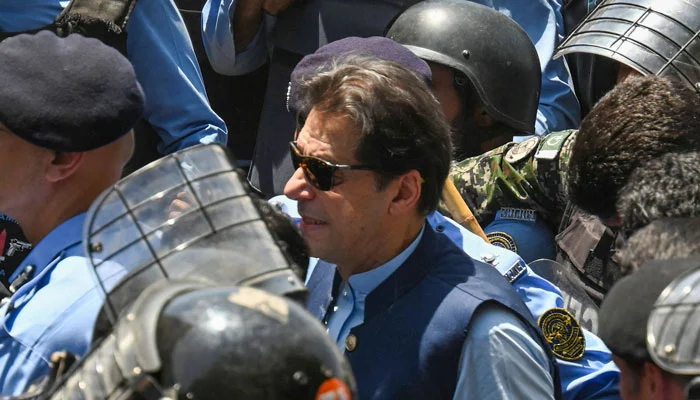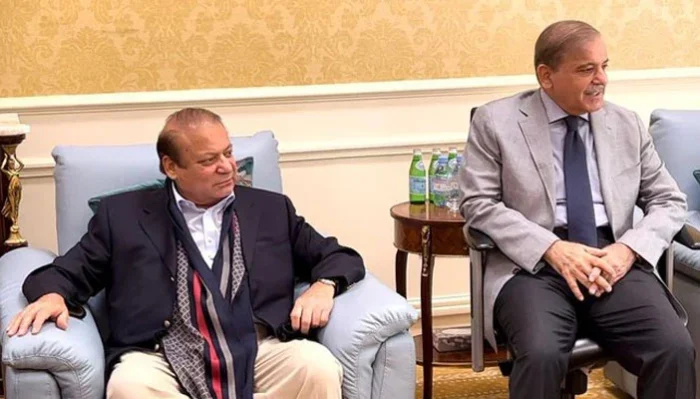Maryam Nawaz, a prominent leader of the Pakistan Muslim League-Nawaz (PML-N), expressed strong criticism of the Pakistan Tehreek-e-Insaf (PTI) government’s ten-year rule in Khyber Pakhtunkhwa (KP). During a meeting with youth coordinators in Lahore, Maryam Nawaz highlighted various issues, including corruption, the failure to build dams, and the alleged neglect of key infrastructure projects in the province.
In the meeting, discussions revolved around organizational matters and preparations for upcoming general elections in KP. Maryam Nawaz engaged in consultations regarding the appointment of youth coordinators up to the union council level, emphasizing the importance of grassroots-level involvement.
Maryam Nawaz pointed out that despite being in power for a decade, the PTI-led government in KP failed to construct 350 dams, leaving the nation without the promised water reservoirs. She lamented the lack of progress in building a hospital, a college, and a university in the province during this period.
The PML-N leader accused the PTI government of initiating corruption under the banners of the Benami Transactions and Balancing, Modernization, and Restructuring (BMR) programs. She alleged that Khyber Pakhtunkhwa faced the worst corruption under the guise of these projects.
Addressing the economic challenges faced by the people of KP, Maryam Nawaz stated that the ten years of change brought hardships as the province witnessed unemployment, pension delays, and financial struggles. She portrayed the PTI-led government as having failed to fulfill its promises of providing jobs and timely pensions to the people.
Furthermore, Maryam Nawaz accused the ruling government of orchestrating a conspiracy against the people of KP, claiming that the alleged neglect of the province was part of a larger plan to create dissatisfaction among the population.
Maryam Nawaz’s criticism reflects the ongoing political narrative in Pakistan, where opposition leaders are holding the ruling party accountable for its governance record. The focus on KP’s development, or lack thereof, and allegations of corruption suggest that these issues will be pivotal in shaping public opinion as the country approaches future elections.



